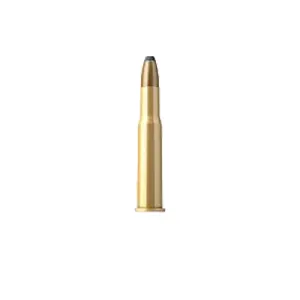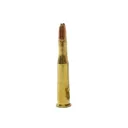Head to Head Comparison


0 Reviews
0 Reviews

0 Reviews
0 Reviews


0 Reviews
0 Reviews

0 Reviews
0 Reviews
MSRP:
$0.00Used Price:
$0.00New Price:
$0.00MSRP:
$0.00Used Price:
$0.00New Price:
$0.00Height
2.04
2.02
Average FPS
2373
2460
Average Grain
151
200
Average Energy
1888
2687
Recoil
1.60
2.22
Ballistic Coefficient
225.45
239.00


.25-35 Winchester vs .30-30 Winchester


.270 Winchester vs .30-30 Winchester


.30-30 Winchester vs .32 Winchester Special


.30-30 Winchester vs .307 Winchester


.30-30 Winchester vs .32-20 Winchester


.30-30 Winchester vs .35 Remington


.30-30 Winchester vs .38-55 Winchester


.30-30 Winchester vs 7-30 Waters


.30-30 Winchester vs .444 Marlin